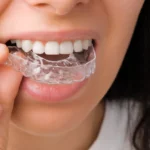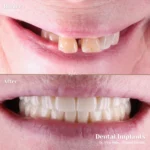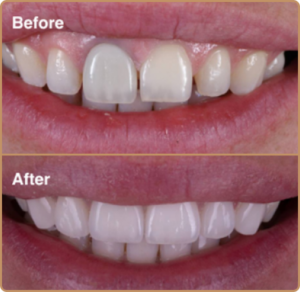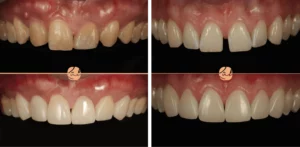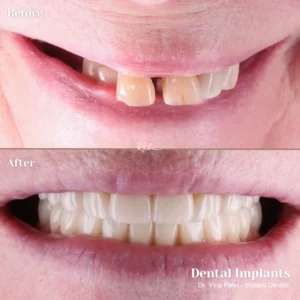As the holy month of Ramadan draws to a close, millions of Muslims around the world prepare to break their fasts and celebrate Eid. While this time of reflection and spiritual growth is important, many people don’t realize how fasting can affect their oral health. As a dentist, I want to share with you some insights on how fasting impacts your teeth and gums and offer helpful tips to keep your smile fresh and healthy throughout Ramadan and beyond.
How Fasting Impacts Oral Health
Fasting during Ramadan involves abstaining from food and drink from sunrise to sunset, which can have an unexpected effect on your oral health. The most significant change is a reduction in saliva production.
“When you’re fasting, your mouth produces less saliva because you’re not eating or drinking throughout the day,” I explain to my patients. “Saliva is your mouth’s natural defense system—it helps wash away bacteria, neutralize acids, and maintain a healthy balance in your mouth. When you don’t have enough saliva, your mouth can become dry, which creates the perfect environment for bacteria to thrive.”
The Impact of a Dry Mouth
A dry mouth can lead to discomfort, bad breath, and plaque buildup, which can increase the risk of gum disease. “If you’ve ever wondered why your breath isn’t as fresh during fasting hours, it’s likely due to the lack of saliva,” I often tell my patients. “It’s completely normal, so there’s no need to feel embarrassed about it.”
When there isn’t enough saliva, plaque can accumulate along the gumline, leading to inflammation, redness, and sometimes even bleeding gums. “Your gums rely on saliva to stay hydrated and fight off harmful bacteria,” I explain. “Without it, your gums can become more vulnerable.”
Preventing Gum Problems During Ramadan
To avoid gum irritation or other oral health issues, it’s essential to pay extra attention to your gums while fasting. Here are some tips I recommend:
- Gently brush along your gum line to remove plaque buildup.
- Floss before bed to remove food particles and plaque.
- Use an alcohol-free mouthwash to maintain oral hygiene without drying out
your mouth.
The Risk of Tooth Decay During Ramadan
Though fasting doesn’t directly cause cavities, poor oral hygiene during Ramadan can increase your risk of tooth decay. Many people indulge in sugary treats when they break their fast, and who can resist the delicious desserts during Eid celebrations?
However, when sugary foods remain on your teeth overnight, it can lead to the growth of cavity-causing bacteria.
I always remind my patients, “Make sure you brush your teeth before suhoor (pre-dawn meal) and after iftar (meal to break the fast). Even better, rinse your mouth with water
after eating to wash away any food particles before they turn into plaque.”
Fasting: It’s Not All Bad for Your Oral Health
While fasting presents challenges, there are some benefits too. “Fasting can help reduce inflammation, improve digestion, and support metabolic health,” I point out. “It also has some benefits for your teeth! Since you’re eating fewer meals, there’s less acid attacking your enamel, which can help protect your teeth. Just be sure to stay hydrated and practice good oral hygiene to keep your gums in top shape.”
Tips for Maintaining a Healthy Smile During Ramadan and Beyond
To help you keep your smile fresh and healthy while fasting, I recommend
the following tips:
1. Stay Hydrated When You Can
“Drink plenty of water between iftar and suhoor to keep your mouth moist and prevent dry mouth. Staying hydrated is key to keeping your oral health in check.”
2. Use a Tongue Scraper
“A lot of bad breath bacteria accumulate on the tongue. Using a tongue scraper before bed can be a game-changer for your oral hygiene.”
3. Chew Sugar-Free Gum After Eating
“Chewing sugar-free gum after meals helps stimulate saliva flow, which naturally cleans your teeth and helps maintain fresh breath.”
4. Avoid Sugary and Acidic Foods Before Bed
“Sweet and acidic foods before bed can be a recipe for cavities, so try to avoid them if possible. This will help protect your enamel and reduce the risk of decay.”
Conclusion: Celebrate Eid with a Healthy Smile
While Eid is a time for celebration and indulgence, don’t forget to show your teeth some love. A fresh, healthy smile is the best way to celebrate your faith and your health. Follow these simple oral hygiene tips to maintain your oral health during Ramadan and beyond.
With just a little extra care, you can ensure that your smile stays bright and healthy throughout this holy month and into the future.





